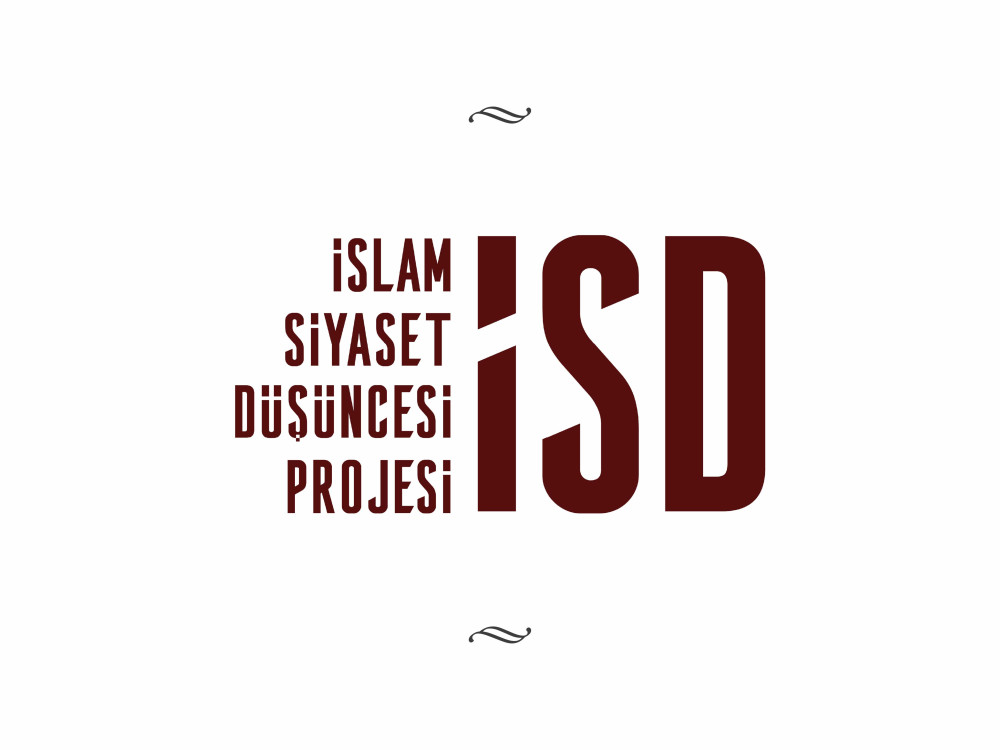
There is a severe lack of information and interest in Turkey about our intellectual heritage before the modern era. As a result, the understanding of the history of thought in the Islamic world today is impaired by these deficiencies, leading to a fragmentation of ideas. This disconnect, which also hinders the intellectual pursuit of our cultural heritage, undoubtedly manifests itself in our conceptual framework that shapes our mental map. It is important to discover, revive, and connect the classical intellectual tradition that shaped the world and relate it to contemporary debates. In doing so, it is necessary to engage with its unique conceptual framework and highlight the continuities and ruptures in these discussions. Therefore, the importance of studies conducted within the scope of "Political Thought," in collaboration with other disciplines, is increasing day by day. When it comes to the discipline of "Islamic Political Thought," its significance becomes even more crucial.
Despite being a topic that has been written about and examined from different perspectives in Turkey, there have been limited studies on the production, discussion, and revitalization of this thought, which is a vital part of Islamic political thought. In this context, the project, driven by the belief that the field encompasses broader and more comprehensive topics, will open up discussions on various aspects of politics. The Academic Studies Association (ILEM), which attaches importance to establishing a connection with the Islamic intellectual tradition in order to understand the present and shape the future, has been conducting its work for over 20 years with the aforementioned perspective.
The ILEM Islamic Political Thought Project, which began its preparatory work in 2016, aims to contribute to maintaining continuity between the modern and classical periods of Islamic political thought. In this regard, the project's main objectives include reclaiming and bringing to the agenda the issues discussed in the pre-modern era of Islam, as well as reinterpreting the concepts of that period in a way that ensures continuity. The mentioned continuity and intellectual pursuit are carried out through several components within the project. The first phase of the project has been completed, and the second phase started in 2020.
The project aims to provide an opportunity for conducting high-quality academic studies by producing works on politics according to predetermined parameters. Although there have been numerous writings and discussions on Islamic Political Thought in Turkey, works addressing the production, discussion, and documentation of this thought have been scarce. The completed cataloging study within this scope aims to fill this significant gap. Examining these works will not only present the discussed topics, concepts, and individuals in the context of Islamic Political Thought in Turkey in an organized manner but also shed light on the development and trajectory of thought in this field. Through the project's activities, works that have found and created channels for Islamic Political Thought in Turkey and the world will be examined, and new works will be authored.
The project aims to fill a significant gap in the field of politics through multidimensional studies. It is expected that the availability of challenging issues and texts, which are currently difficult for contemporary scholars and academics to access, will enable the production of in-depth works on Islamic Political Thought. Thus, the project envisages substantial studies both addressing the current intellectual agenda and conducting comprehensive research on the classics list.
Within the project's scope, seminars, workshops, roundtable discussions, and thematic readings on Islamic political thought will be organized. It is believed that these activities will provide important insights into understanding Islamic Political Thought.
The lack of a method for referring to the past in intellectual pursuit has led us to encounter anachronistic cases. This situation not only leaves our intellectual heritage in a vulnerable state but also poses serious problems. The project includes cataloging, authorship, academic support, scholarly meetings (conferences, roundtable discussions, workshops, etc.), and international symposiums, which have been and will continue to be.
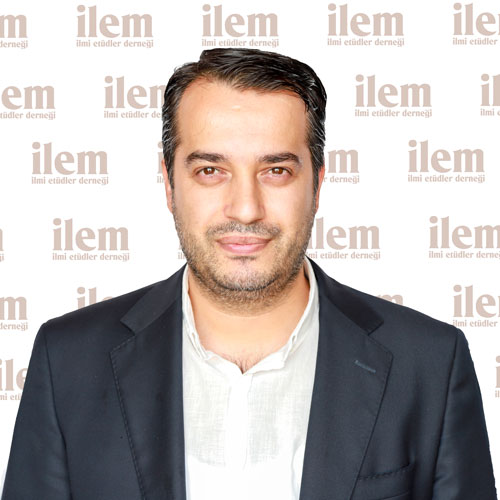
Manager
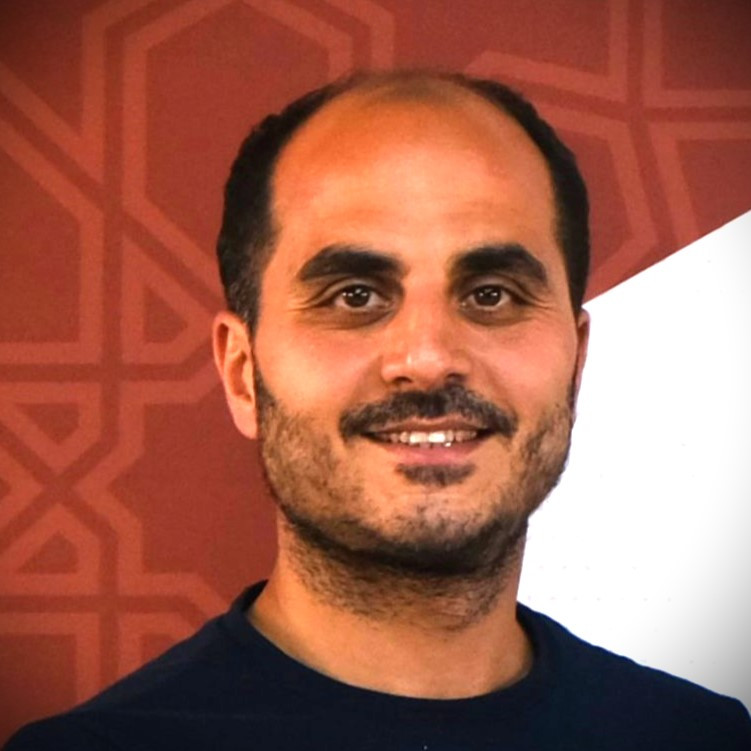
Manager
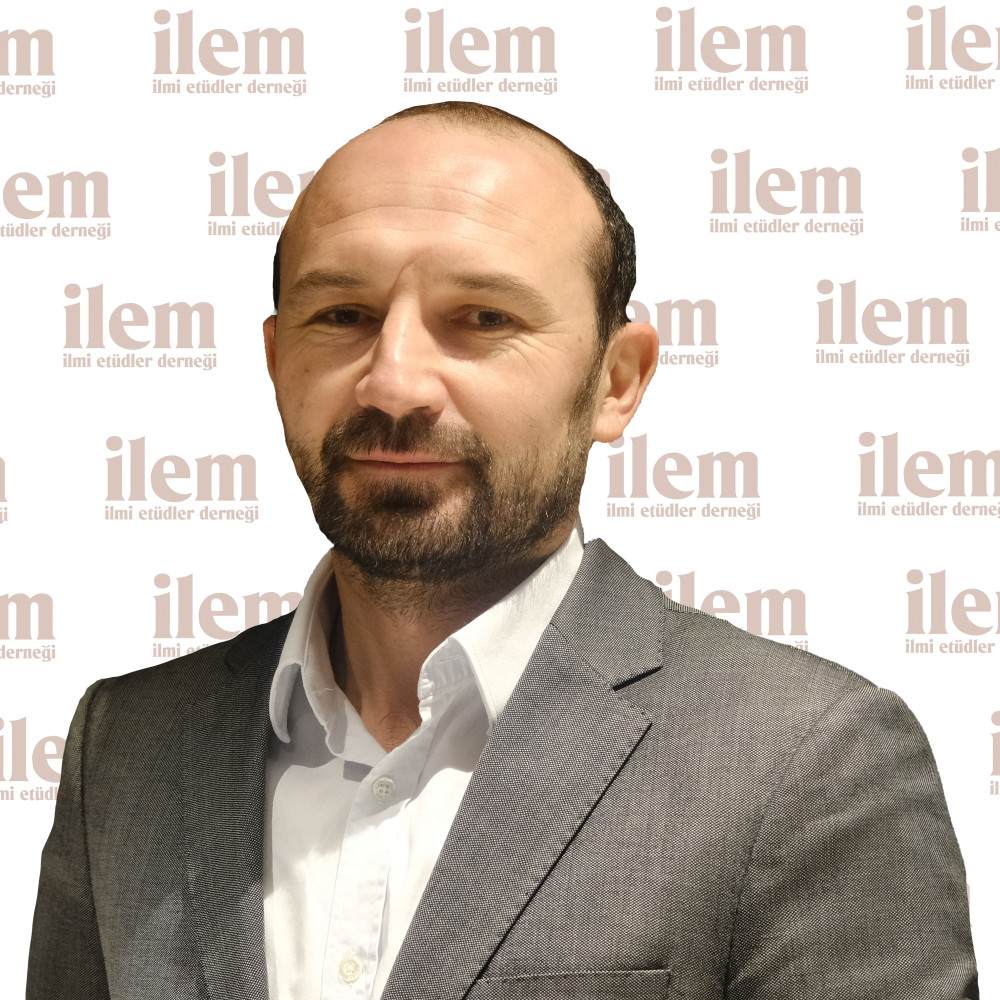
Researcher

Researcher

Catalogue Manager
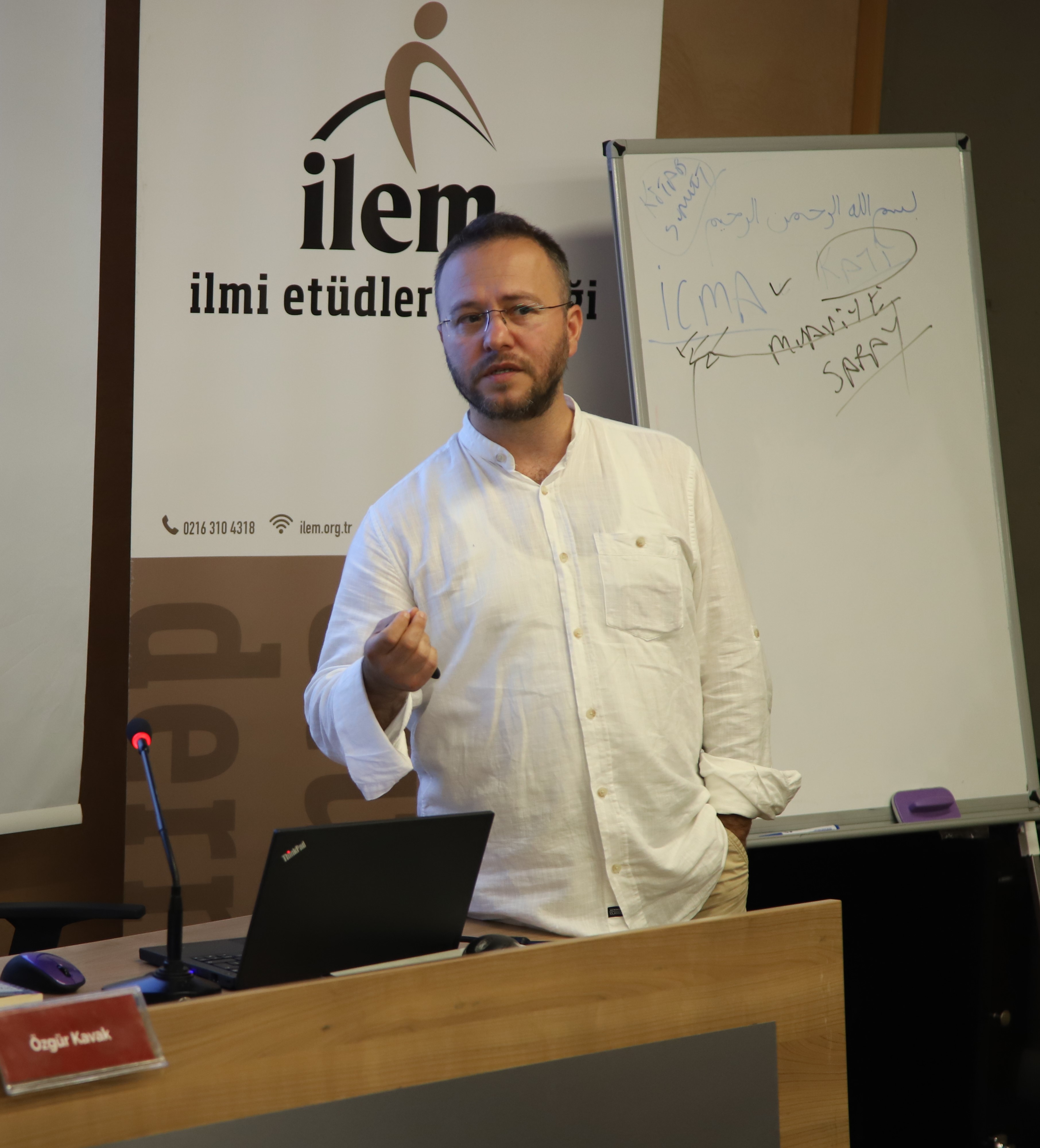
Catalogue Manager

Cataloging Manager

Cataloging Manager